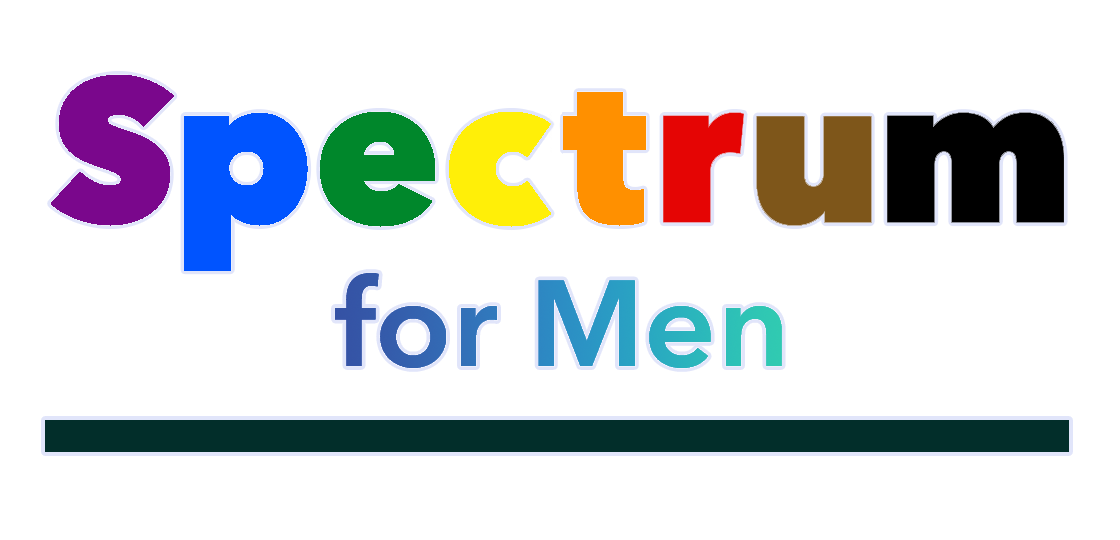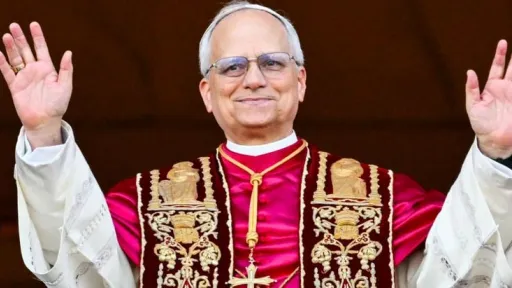Pope Leo XIV, AI, and the LGBTQIA+ Community: Hopes, Concerns, and the Path Forward
As the Catholic Church enters a new era under Pope Leo XIV, the intersection of technology, human dignity, and LGBTQIA+ inclusion has become a focal point for many Catholics and observers worldwide. The new pontiff’s approach to artificial intelligence (AI) and his stance on LGBTQIA+ issues are being closely watched by advocates and community members, who hope for continuity-and perhaps progress-on the path of acceptance and justice.
Legacy of Inclusion and the New Papacy
Pope Francis, Leo XIV’s predecessor, was widely recognized for opening the Church’s doors wider to LGBTQIA+ individuals. His now-famous remark, “Who am I to judge?” signaled a shift toward greater pastoral sensitivity, even as official doctrine remained unchanged. Francis advocated for dialogue, condemned the criminalization of homosexuality, and encouraged blessings for same-sex couples in some contexts, fostering a climate of cautious hope within the LGBTQIA+ Catholic community.
Pope Leo XIV, formerly Cardinal Robert Prevost, inherits this legacy but is seen as more centrist or even traditional on LGBTQIA+ matters. His 2012 comments expressing concern about “sympathy for beliefs and practices that contradict the gospel,” specifically referencing “the homosexual lifestyle” and “alternative families formed by same-sex partners and their adopted children,” have resurfaced and sparked apprehension among LGBTQIA+ Catholics and advocacy groups. While Leo XIV has not publicly reversed these views, he has also not opposed the Church’s recent moves toward greater pastoral inclusion, and his inaugural speech emphasized unity, dialogue, and embracing all who seek the Church’s charity and love.
“Pope Francis opened the door to the LGBTQ faithful, and they are hoping the new pontiff continues to move the Catholic Church toward acceptance.” -- NBC News
Many LGBTQIA+ Catholic groups and individuals have responded to Leo XIV’s election with a mix of hope and concern. Marianne Duddy-Burke, executive director of DignityUSA, expressed optimism following his remarks about God’s unconditional love and the need for the Church to embrace all people. Others, like Francis DeBernardo of New Ways Ministry, have called for Pope Leo to build on the groundwork laid by Francis, urging him to “lead the church through that door” of inclusion.
Yet, the resurfacing of Leo XIV’s earlier critical statements has led to calls for clarity and a more explicit commitment to LGBTQIA+ dignity and rights. Advocacy groups are watching to see whether his leadership will translate into concrete steps forward, such as further reducing discrimination, promoting respectful dialogue, and ensuring LGBTQIA+ Catholics are fully welcomed in all aspects of Church life.
The Vatican’s Ethical AI Framework: Safeguarding Human Dignity for All
Amid these debates, the Vatican’s new ethical AI guidelines, enacted under decree “N. DCCII,” have drawn attention for their explicit emphasis on human dignity, non-discrimination, and inclusion. The guidelines:
- Prohibit AI applications that create social inequalities, violate human dignity, or perpetuate discrimination-including discrimination based on sexual orientation or gender identity.
- Mandate transparency and accountability, requiring AI-generated content to be clearly labeled and ensuring human oversight in decision-making.
- Establish a commission to monitor compliance, advise on regulations, and report on AI’s impact, aiming to ensure that technological advancements serve the common good and do not marginalize vulnerable populations.
While these guidelines are rooted in Catholic theological principles, they align with broader calls for technology that uplifts rather than excludes. For LGBTQIA+ individuals, the Vatican’s explicit ban on discriminatory AI offers a measure of protection and signals an awareness of the risks new technologies can pose to marginalized groups.
Catholic Social Teaching and LGBTQIA+ Rights
Catholic social teaching emphasizes the equal and fundamental rights of all people, and Francis’s papacy saw renewed calls to affirm the dignity of LGBTQIA+ persons and reject unjust discrimination. The Catechism instructs that LGBTQIA+ individuals “must be accepted with respect, compassion, and sensitivity,” though official doctrine continues to prohibit same-sex marriage and sexual acts between same-sex partners.
Advocates argue that the Church’s embrace of equal rights must include LGBTQIA+ people, and that progress is possible when these principles are applied to internal Church challenges, including access to sacraments, pastoral care, and participation in parish life.
Looking Ahead: Challenges and Opportunities
The path forward for LGBTQIA+ Catholics under Pope Leo XIV remains uncertain. While his past remarks suggest a more traditional approach, his early messages as pontiff have emphasized unity, dialogue, and love-values that, if fully realized, could foster a more inclusive Church.
The Vatican’s ethical AI framework, with its strong safeguards for human dignity and explicit prohibition of discrimination, provides a foundation for ensuring that technological progress benefits all, including LGBTQIA+ individuals. As the Church navigates the challenges of the digital age, the hope among many is that Pope Leo XIV will not only uphold these principles in technology but also extend them to every aspect of Church life, truly embodying the message of acceptance and care for all.
“With Pope Leo XIV’s leadership, there is an extraordinary opportunity to inspire billions around the world and further embrace LGBTQ people with compassion, dignity, and love.” - Sarah Kate Ellis, GLAAD

